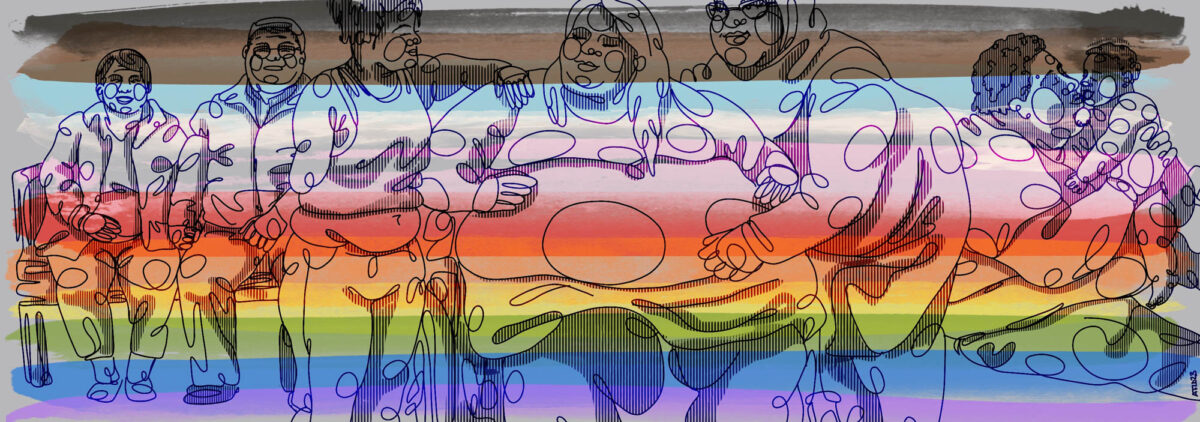Disability and old age might seem automatically to fit together, since growing older often comes with changes to capacities and functions. But old people are not necessarily disabled, and disabled people are not necessarily old. Older adults often don’t want to be seen as disabled and assert their independence, as well as their physical and mental fitness, to demonstrate their value. And disabled people can be as ageist as anyone. Nevertheless, disabled people and older adults share social, cultural, and physical positioning that could be improved or resisted better as the result of an alliance. “Age-friendly” cities, for example, are by definition and design more accessible. And laws such as the Americans with Disabilities Act, which legislates the removal of accessibility barriers, often benefit older adults. But older people and disability activists don’t tend to work together. And, curiously, within the academy, age studies and disability studies tend to encounter each other only in very specific instances. There is much less scholarship on growing old with a disability than one would expect. And scholarship about aging often does not engage with critical disability studies insights, instead assuming that disability automatically accompanies old age.
Chivers, S. (2020). Cripping care advice: Austerity, advice literature, and the troubled link between disability and old age. In K. Aubrecht, C. Kelly, & C. Rice (Eds.), The aging-disability nexus (pp. 51–64). UBC Press.





